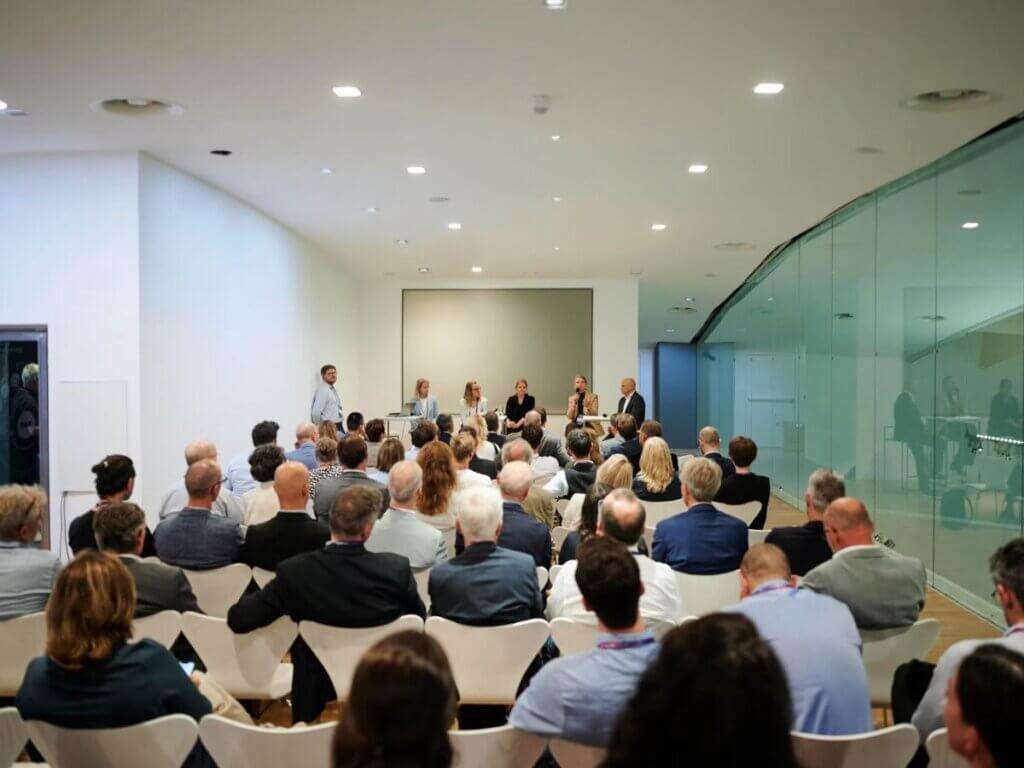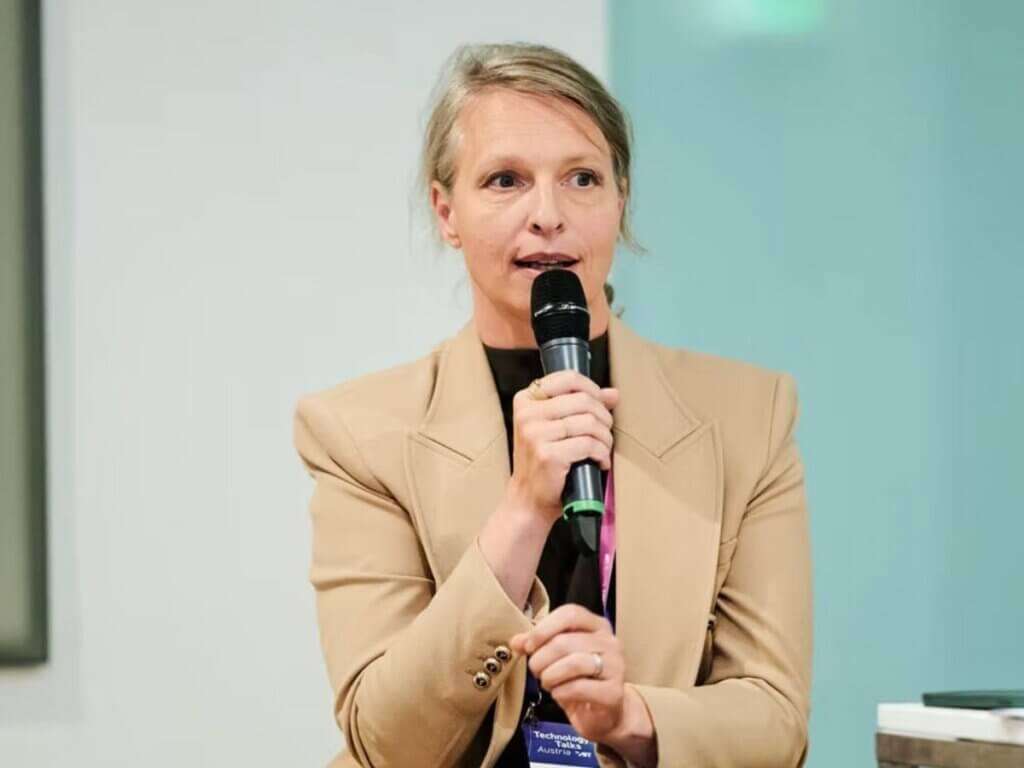Recently, I was invited by the Austrian Institute of Technology as a panellist at the Technology Talks Austria 2025 to speak about a challenge we face every day: Why do so few academic spin-offs manage to grow into successful scaleups?
At Konsultori, we see time and again how even brilliant DeepTech innovations fall short – not because of a lack of demand, but because team dynamics, missing structures, and poor execution are the biggest barriers.
Scaling DeepTech
We help teams successfully scale DeepTech spin-offs.
DeepTech Consulting: Excellent Research, Weak Scaleup Impact
Austria has produced more than 3,700 startups in the past decade, 17% of which are in DeepTech – placing the country among Europe’s innovation leaders.
Yet, Fewer than 5% of academic spin-offs leap to a true scaleup – achieving rapid growth (50–100%), strong valuations (EUR 50m+), and international visibility. Finland, by contrast, achieves a 12% rate, 2.5 times higher.
As a result, groundbreaking research in Austria often remains a local footnote. Still, every euro invested in successful spin-offs can generate up to seven euros in value creation – if the right conditions for scaling DeepTech spin-offs are in place.
In Austria, we generate world-class research, but without bold, coordinated scaling, too many breakthroughs stay locked in lab drawers.
The Second Problem: Fragmented Programs and Painful Slowness
Austria has many uncoordinated programs that fail to move founders forward quickly. Instead, they chase micro-grants rather than being able to focus on scaling.
In international comparison, we are losing ground fast. Local programs also place little emphasis on the core scaling topics. In fact, Austria is overserved in the early-stage sector, while there is little support in the mid-stage phase.
Let’s stop cooking in small pots: Austria needs joint, internationally connected initiatives to nurture global tech champions—not a patchwork of pilots.
Scaling DeepTech Spin-offs – Where it goes wrong in practice
Team dynamics block everything
A DeepTech startup with high market demand stalled for months due to founder disputes over roles and equity, compounded by missing governance. After six months of a standstill, the project was close to collapse.
Too broad a product, zero traction
A university spin-off tried to launch a massive platform serving multiple industries at once. The result: lots of presentations, no paying customers. Only when the team narrowed its focus to an MVP and a clear target market did the breakthrough come.
Missing OKRs, no progress
Another well-staffed team without clear goals or metrics lost a full year in endless discussions. Once OKRs and alignment were introduced, targeted growth finally began.
Recruiting without a clear Employee Value Proposition
A charismatic co-founder team with a strong purpose in the AEC sector struggled to hire. The problem: no convincing employer brand. With a structured Employee Value Proposition as the foundation, the recruiting and onboarding process became sharper, faster, and more effective.

The Real Success Factors – From Practice
- International orientation from day one – your first customer should be global.
- Founding teams with at least three complementary skills (Tech, Business, Ops) and ideally an internationally experienced founder.
- Early governance structures: founder agreements, ESOP, rotating advisory boards.
- Access to international investors – not just local business angels.
- Entrepreneurship training for researchers and systematic matchmaking with serial entrepreneurs.
- Focus on execution and lean MVPs instead of endless product discussions.
- Scaling readiness across 12 dimensions as the foundation for sustainable growth.
- These factors are crucial to successfully scale DeepTech spin-offs.
Systemic Steps: What Austria Needs Now
Universities:
- Actively promote multidisciplinary founding teams and experienced co-founders.
- Simplify IP conditions and structure equity realistically.
- Engage early with international investors and advisory networks.
- Position entrepreneurship as a career path equally valuable as research.
- Invest in entrepreneurship and scaling training from the outset.
- Bring fragmented offerings under one roof and raise the quality of support.
The Ecosystem:
- Reduce bureaucracy and speed up access to funding.
- Establish pan-European programs and international scalability as the standard.
- Foster a stronger scaleup culture – execution matters more than technology alone.

Our Call: From Research to Real Scaleups
Universities and research institutions should actively open their spin-off teams to scaleup expertise, international networks, and professional governance.
At Konsultori, we bring deep practical experience, supporting teams in building investor readiness and scaling internationally – turning cutting-edge technology into real scaleups. We have developed the Investor Readiness Check, the Scaling Readiness Check, the Scaling Readiness Run, and the Investor Readiness Program and work with 15 highly experienced trainers alongside research organisations, universities, accelerators, and investment agencies.
We are also active internationally, for example, through our membership in the EIT Deep Tech Talent Initiative.
Take the Next Step
If you are ready to take your spin-offs to the next level, let’s build the structures for global scaleups together. With our support, you can successfully scale DeepTech spin-offs.
DeepTech Consulting
We help teams successfully scale DeepTech spin-offs.
